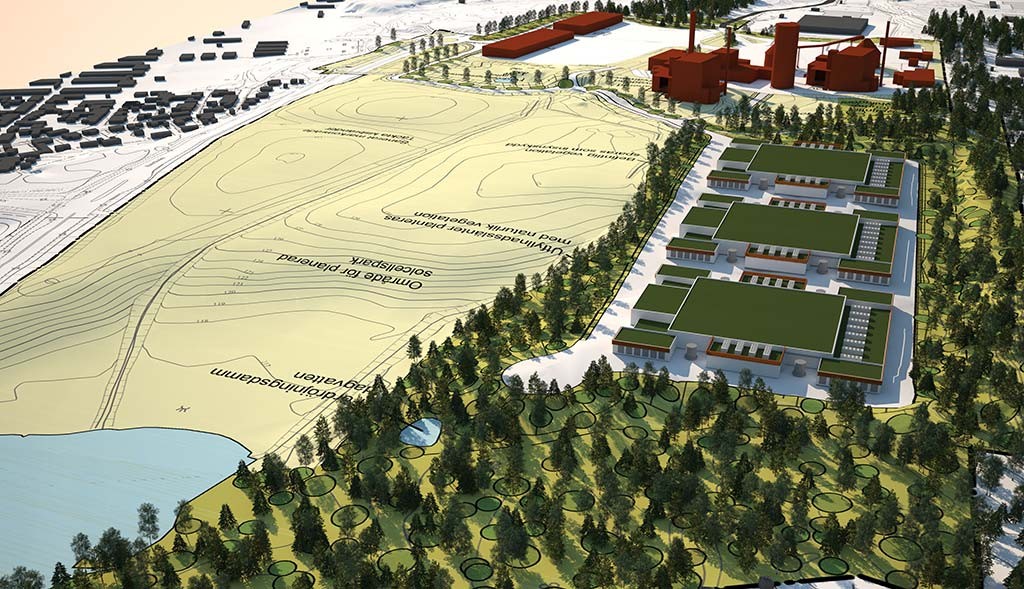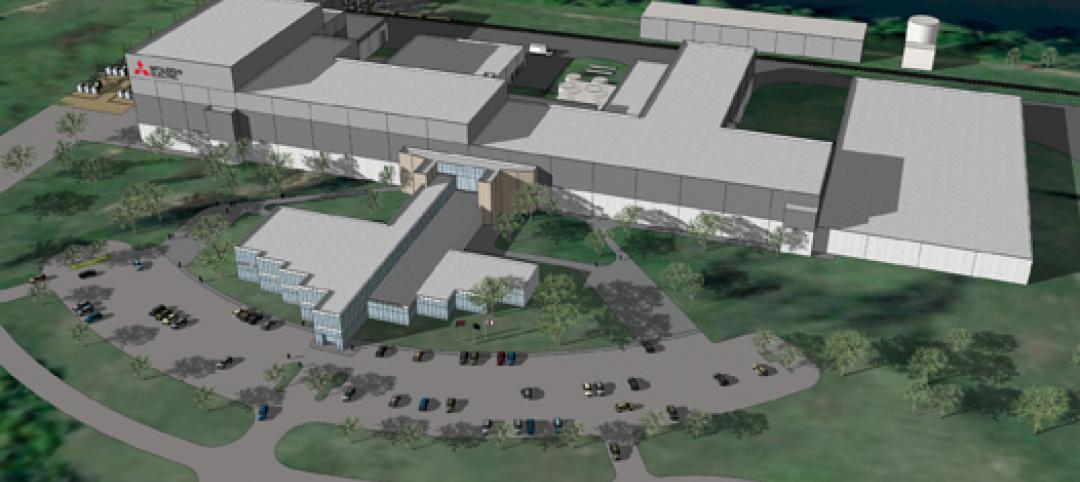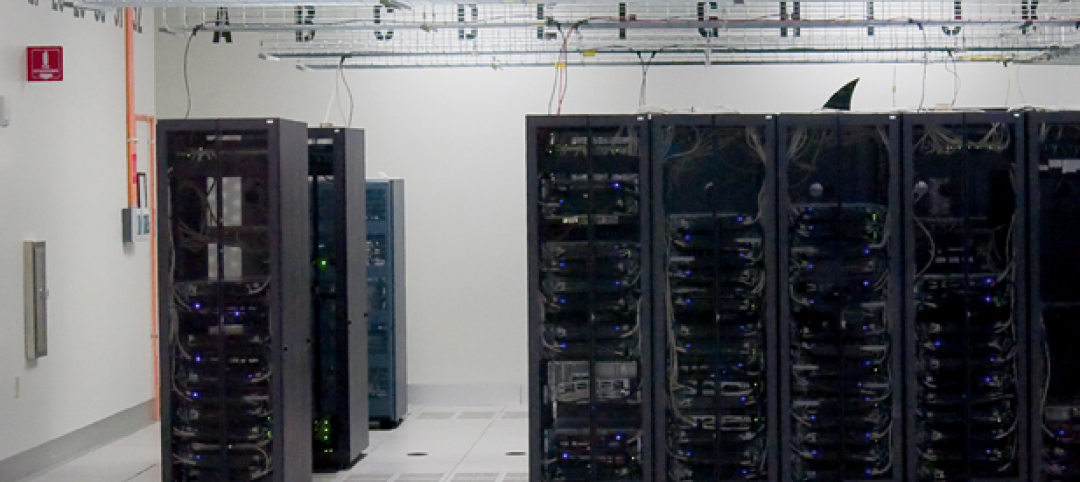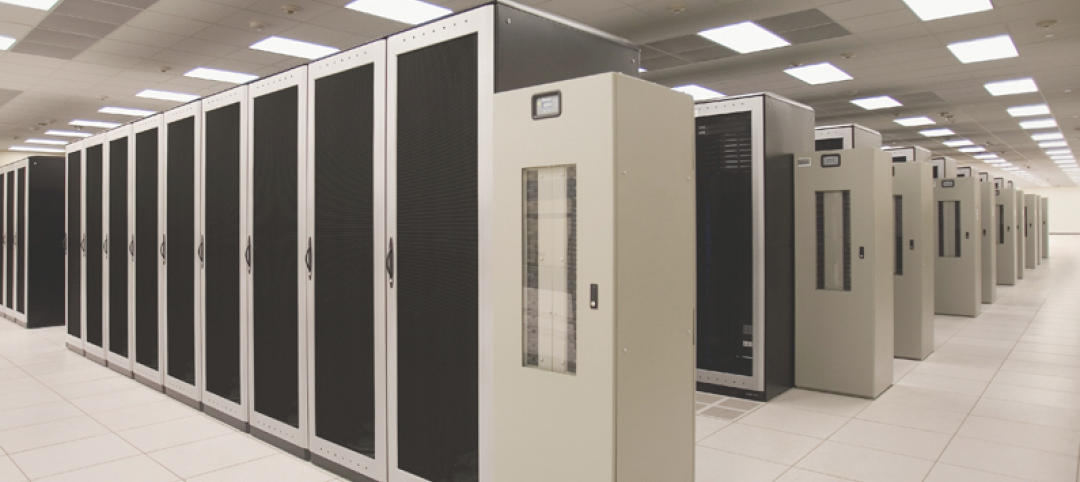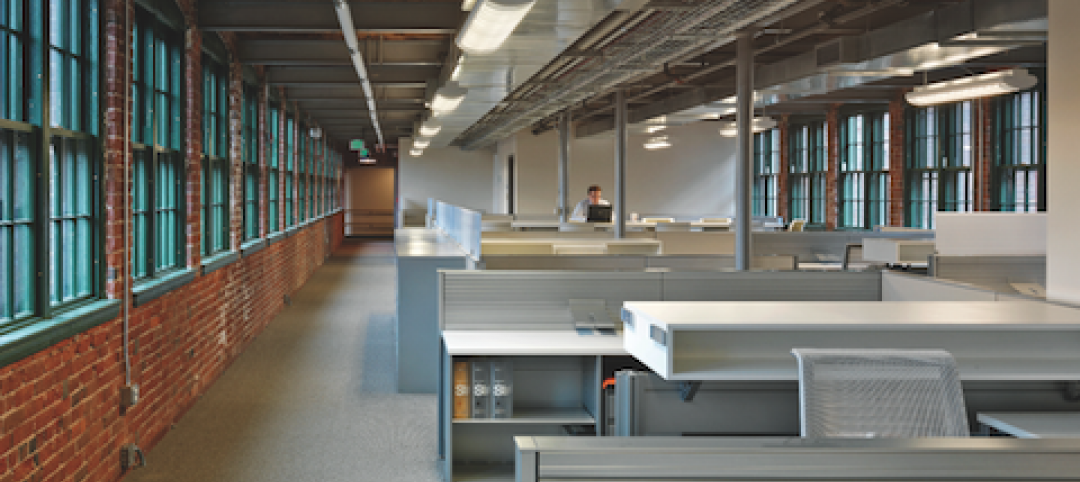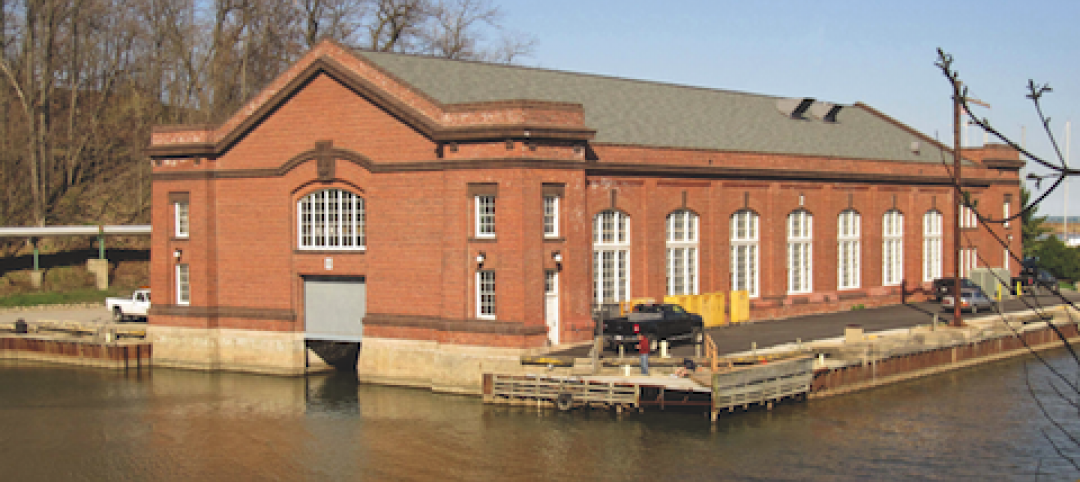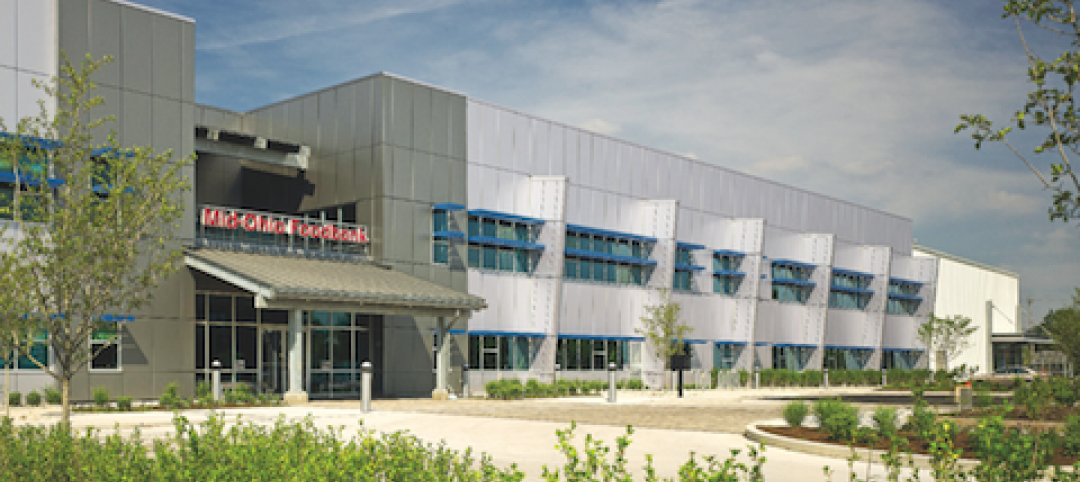A single mobile phone uses more energy per unit than a refrigerator, not so much in terms of recharging but in the data traffic and other actions the phone creates.
The Information and Communications Technology (ICT) sector consumes as much as 10% of the world’s electricity, a sizable portion of which goes toward operating data centers that are the spine of the Internet and the cloud.
Large data centers can use more electricity than a midsize town. However, much of that energy ends up being released as heat into the atmosphere, to the point where carbon emissions from data centers could exceed what the entire airline industry spews annually within the next five years.
Consequently, as data centers expand, greater emphasis is being placed on controlling their impact on the environment. Apple claims that all of its data centers are powered by 100% renewable energy, including new data centers in Denmark and Ireland that will be completed in 2017. Apple has also made an $850 million investment in a solar farm in California to power its new campus in Silicon Valley, all its California offices and data centers, and its data center in Newark, Calif.
In Falun, Sweden, the municipality owned Falu Energi & Vatten is collaborating with Schneider Electric and EcoDC AB, which specializes in designing and building climate-smart data centers, to build what this team is calling the world’s first climate-positive data center.
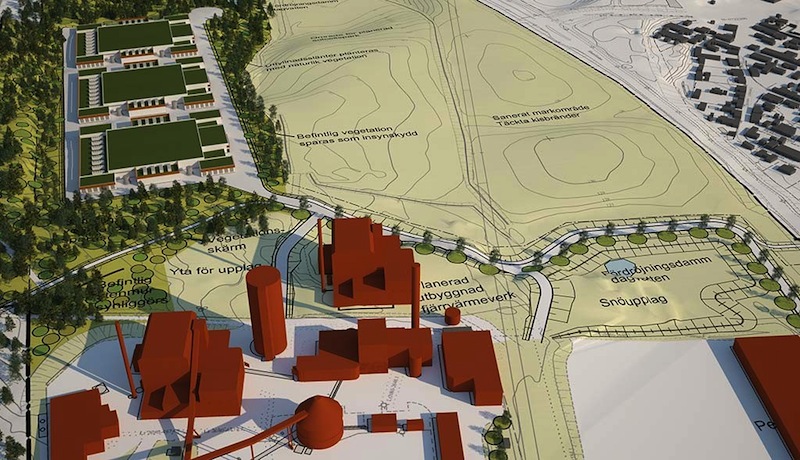
The location of this three-building, 250,000-sf EcoDataCenter is relevant. Falun is one of the greenest towns on the planet. Ninety-five percent of houses with district heat in Falun (about half of all homes in the municipality) are provided with heat from a cogeneration plant that recycles forestry waste to produce electricity and warm water.
The town also has one of Sweden’s largest solar panel arrays. More than half of Falun’s energy needs are provided by hydro, wind, and cogeneration plants, with the rest coming from renewable sources such as solar and secondary biofuels.
Consequently, 100% of the energy that the EcoDataCenter would use will come from renewable sources. The 18-megawatt data center will be connected to Falun’s energy grid, and excess heat from its servers and equipment will warm buildings in the town’s district heating system. During the summer, excess steam from a local electricity plant will run machines that cool the data center.
No electricity will be required to increase the return water temperature from the data center. Heat from the data center replaces existing marginal heat production with high CO2 emissions. This CO2 replacement will exceed total CO2 emissions from the data center during a year.
EcoDataCenter’s first building should be completed in the first quarter of 2016. When fully operational, EcoDataCenter should attain the highest levels of availability and security classification. (It is expected to be Sweden’s first to achieve a Tier IV certification from Uptime Institute.)
The data center is projected to operate with a power usage effectiveness (PUE)—useful IT kilowatts divided by totally used kilowatts—of less than 1.15.
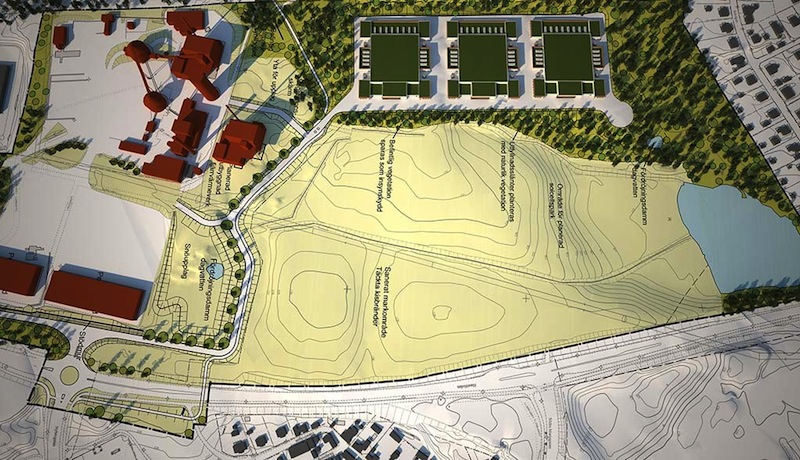
Related Stories
| Apr 12, 2011
Mitsubishi commissions electric power manufacturing plant in Memphis
Greenville, S.C.-based design and construction firm O’Neal Inc. is providing design, engineering, procurement, and construction services for Mitsubishi Electric Power Products.
| Feb 23, 2011
Data center trends: green design, technology upgrades
While green data centers will continue to be a trend within the industry, technology is also driving infrastructure upgrades that have never been seen before, according to the 2011 Data Center Technical Market Report from Environmental Systems Design. The report also includes an overview of the national data center market, construction costs, blackouts and disaster prevention, and site selection.
| Jan 4, 2011
Grubb & Ellis predicts commercial real estate recovery
Grubb & Ellis Company, a leading real estate services and investment firm, released its 2011 Real Estate Forecast, which foresees the start of a slow recovery in the leasing market for all property types in the coming year.
| Nov 29, 2010
Data Centers: Keeping Energy, Security in Check
Power consumption for data centers doubled from 2000 and 2006, and it is anticipated to double again by 2011, making these mission-critical facilities the nation’s largest commercial user of electric power. Major technology companies, notably Hewlett-Packard, Cisco Systems, and International Business Machines, are investing heavily in new data centers. HP, which acquired technology services provider EDS in 2008, announced in June that it would be closing many of its older data centers and would be building new, more highly optimized centers around the world.
| Nov 3, 2010
Public works complex gets eco-friendly addition
The renovation and expansion of the public works operations facility in Wilmette, Ill., including a 5,000-sf addition that houses administrative and engineering offices, locker rooms, and a lunch room/meeting room, is seeking LEED Gold certification.
| Oct 12, 2010
The Watch Factory, Waltham, Mass.
27th Annual Reconstruction Awards — Gold Award. When the Boston Watch Company opened its factory in 1854 on the banks of the Charles River in Waltham, Mass., the area was far enough away from the dust, dirt, and grime of Boston to safely assemble delicate watch parts.
| Oct 12, 2010
Building 13 Naval Station, Great Lakes, Ill.
27th Annual Reconstruction Awards—Gold Award. Designed by Chicago architect Jarvis Hunt and constructed in 1903, Building 13 is one of 39 structures within the Great Lakes Historic District at Naval Station Great Lakes, Ill.
| Oct 12, 2010
Full Steam Ahead for Sustainable Power Plant
An innovative restoration turns a historic but inoperable coal-burning steam plant into a modern, energy-efficient marvel at Duke University.
| Oct 12, 2010
From ‘Plain Box’ to Community Asset
The Mid-Ohio Foodbank helps provide 55,000 meals a day to the hungry. Who would guess that it was once a nondescript mattress factory?


